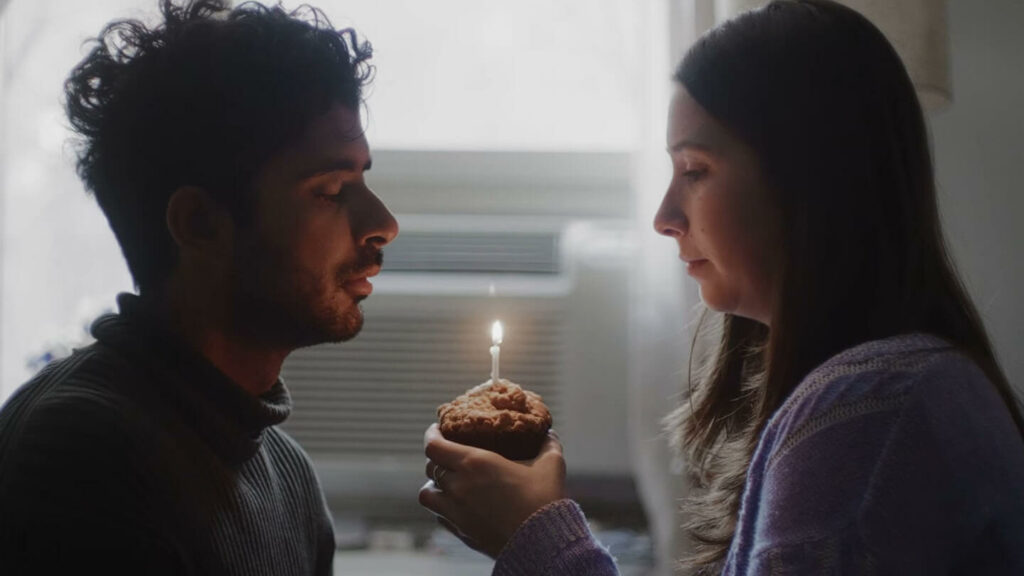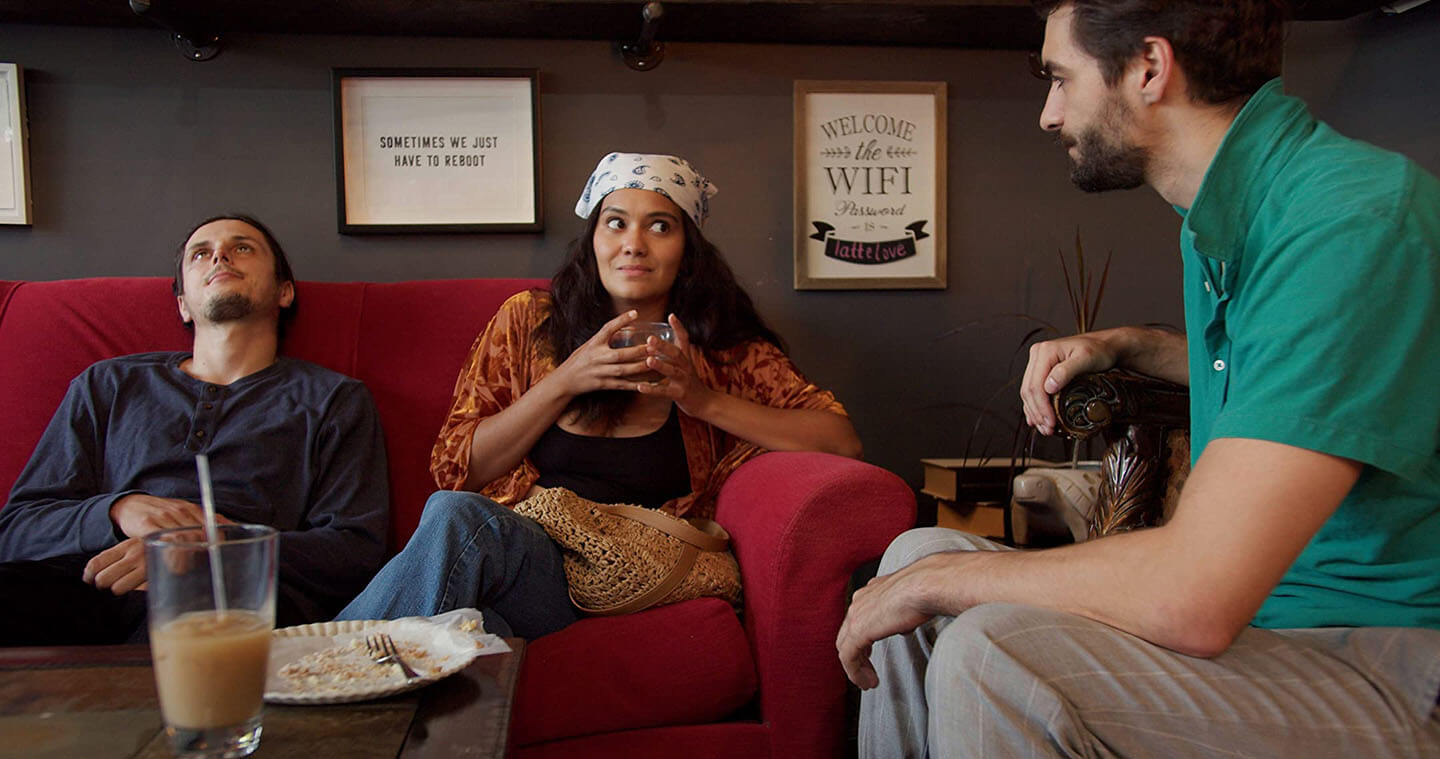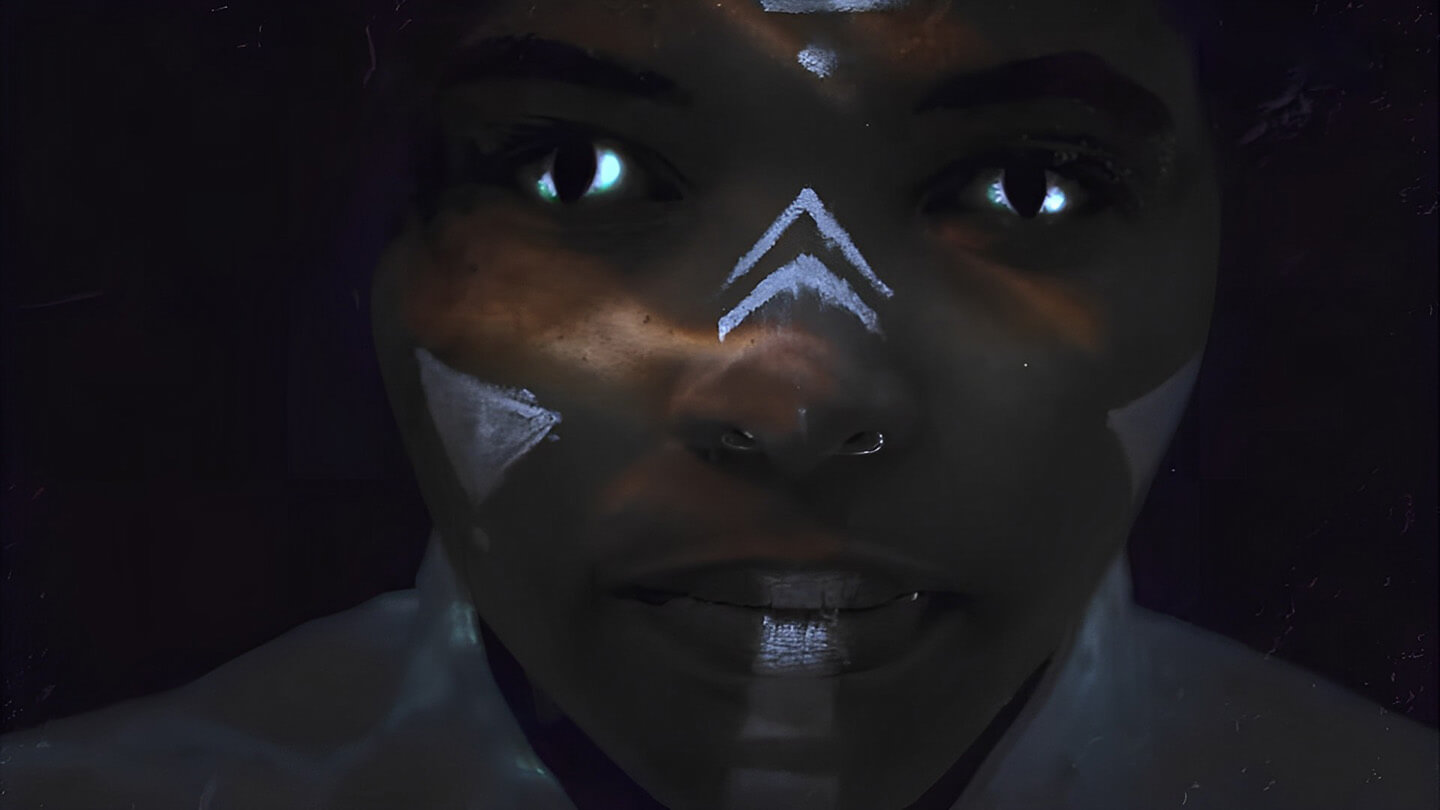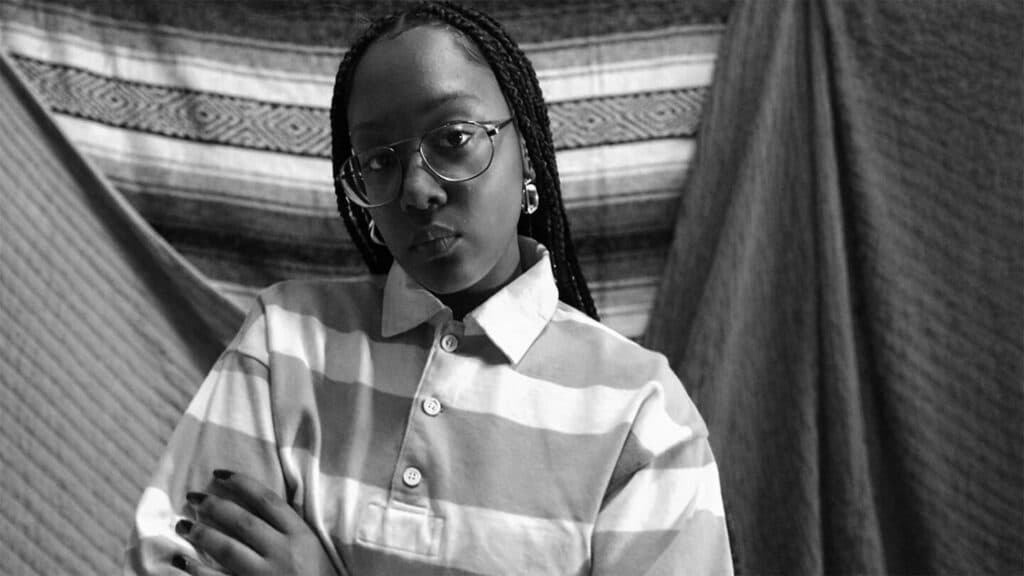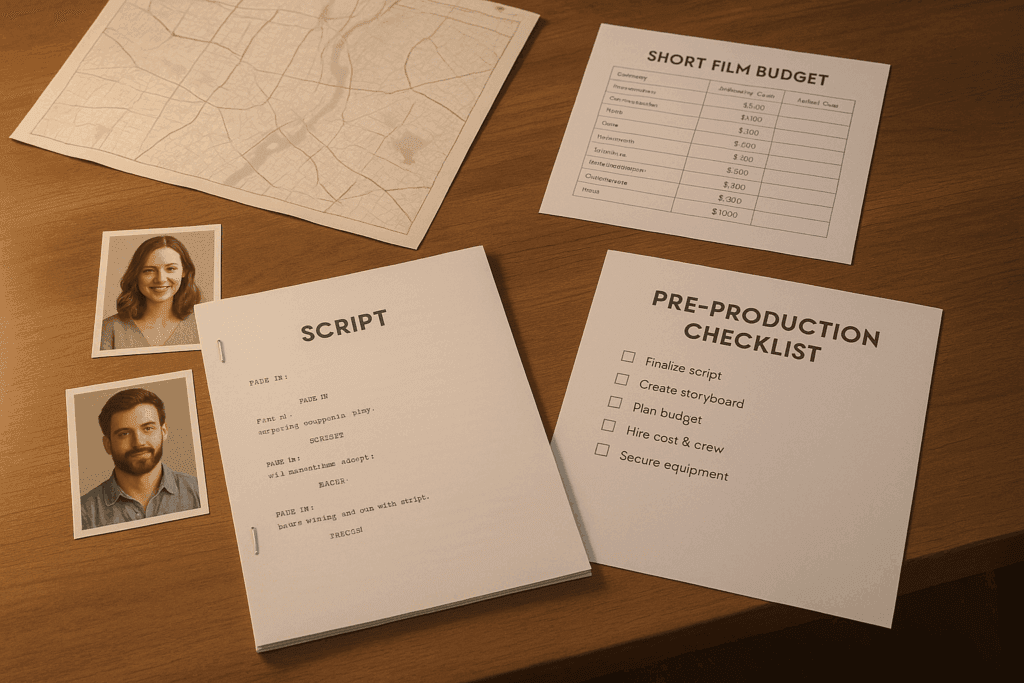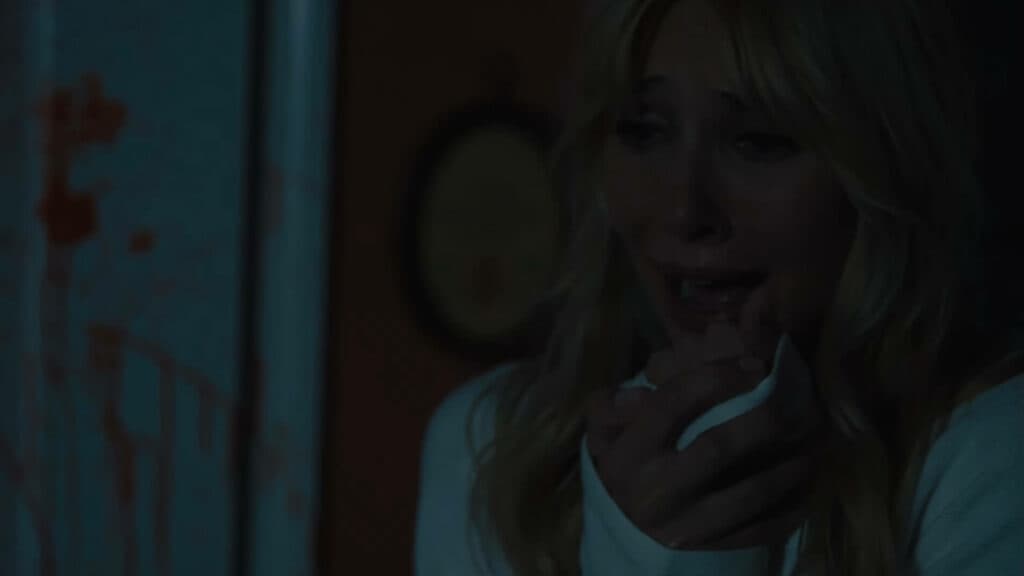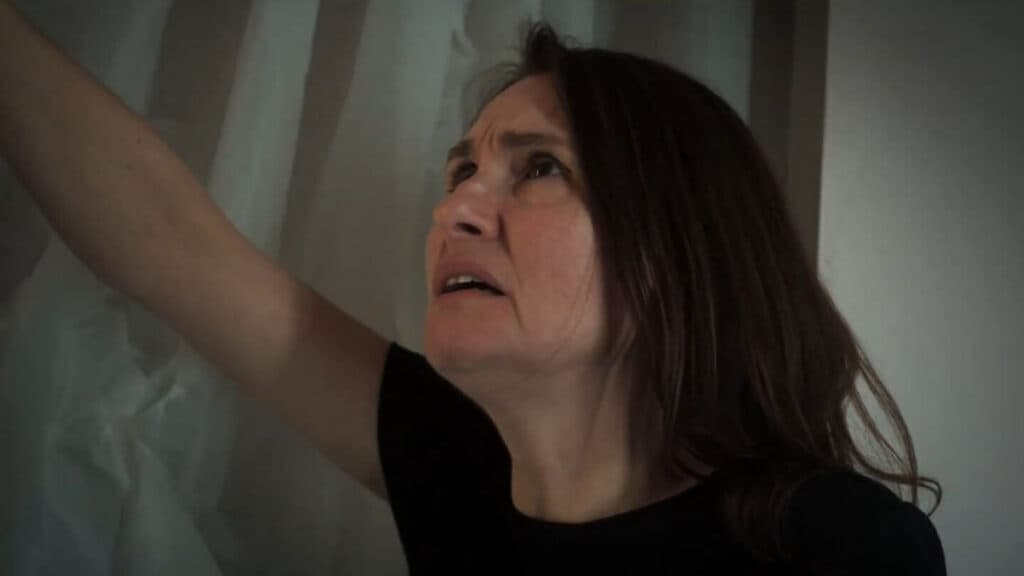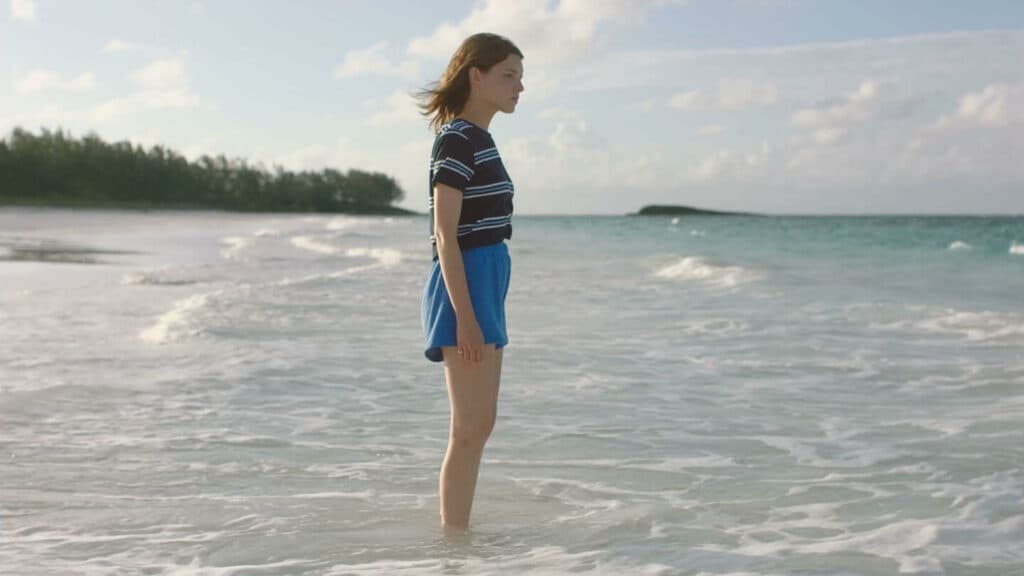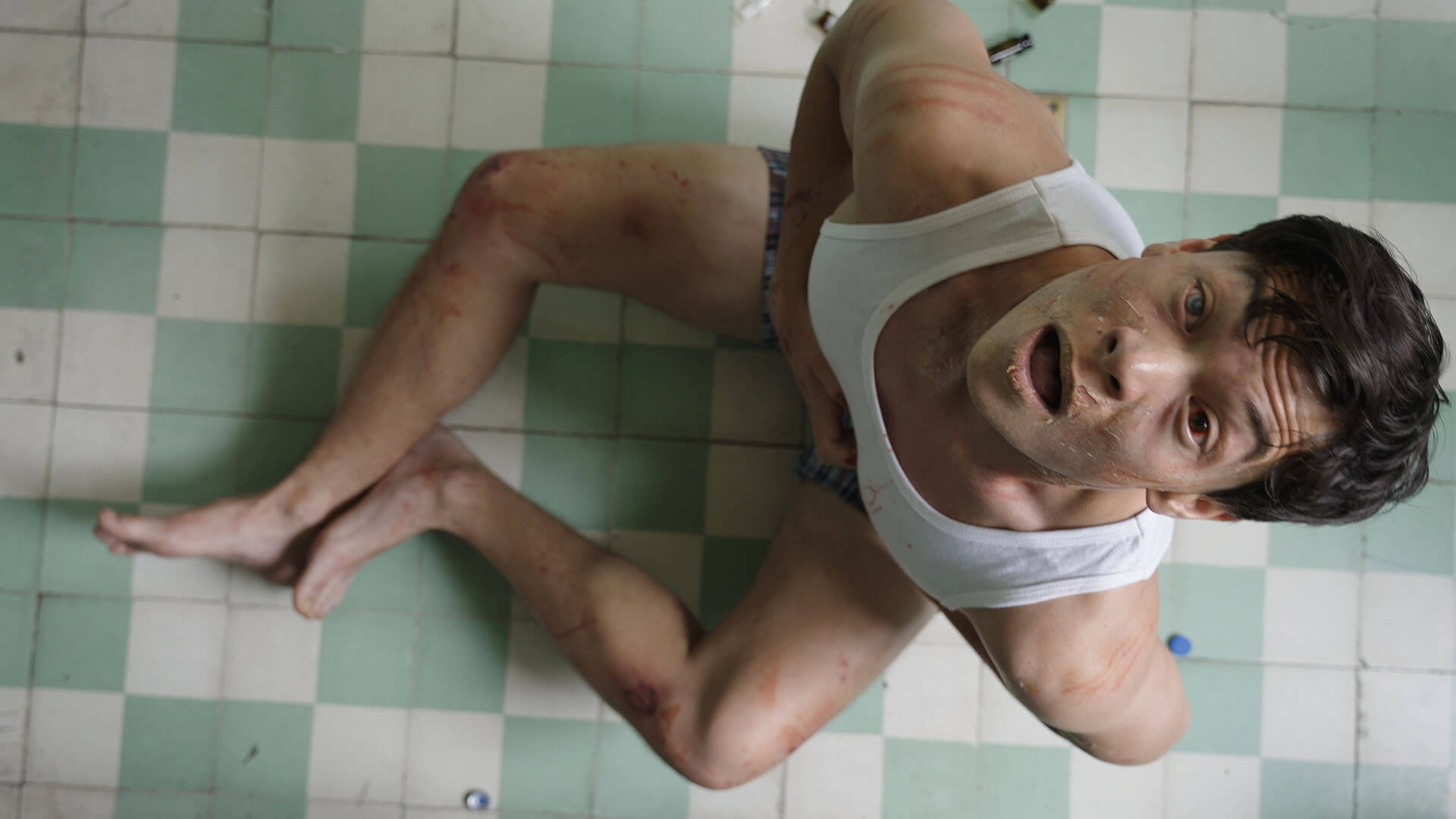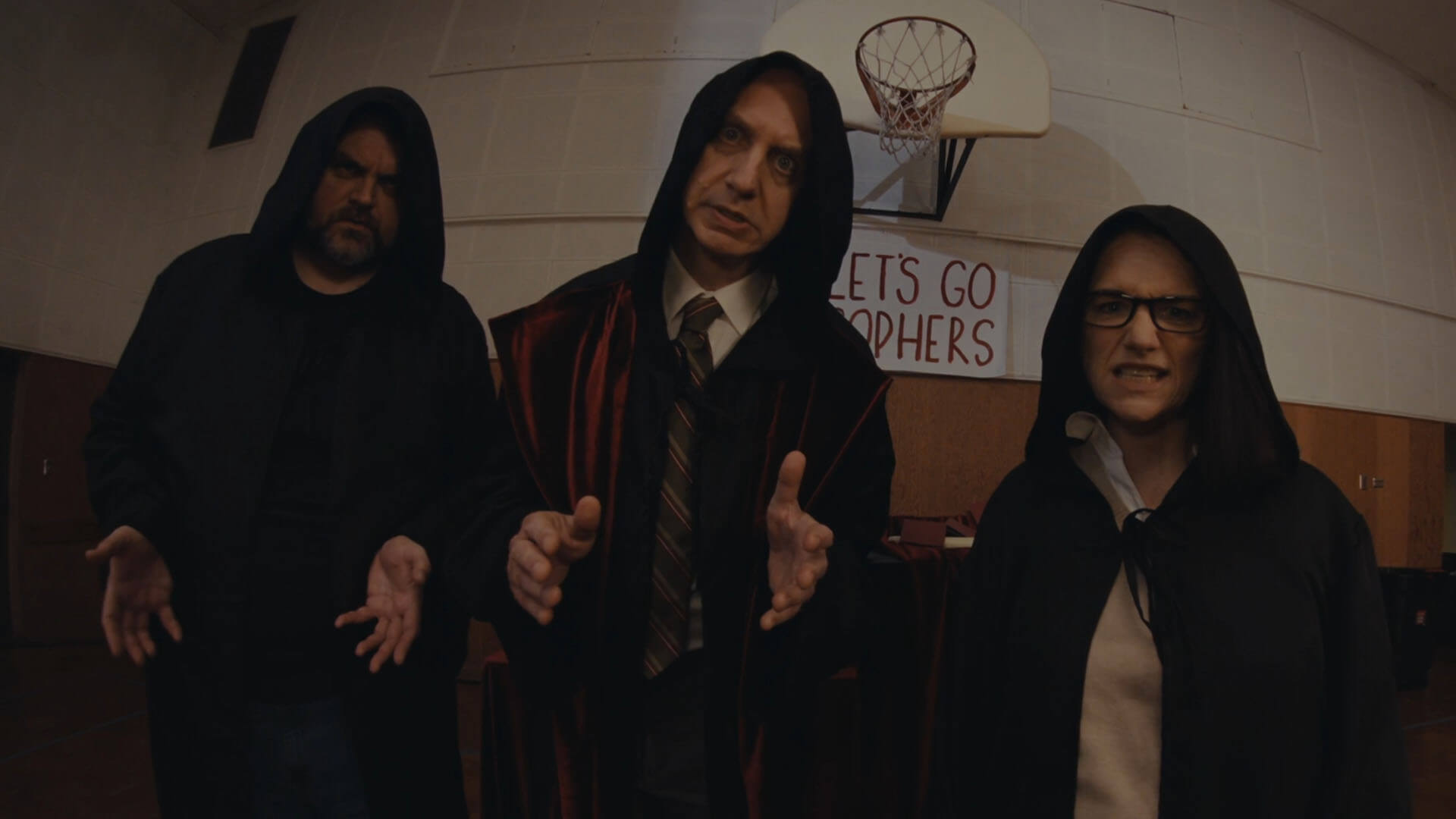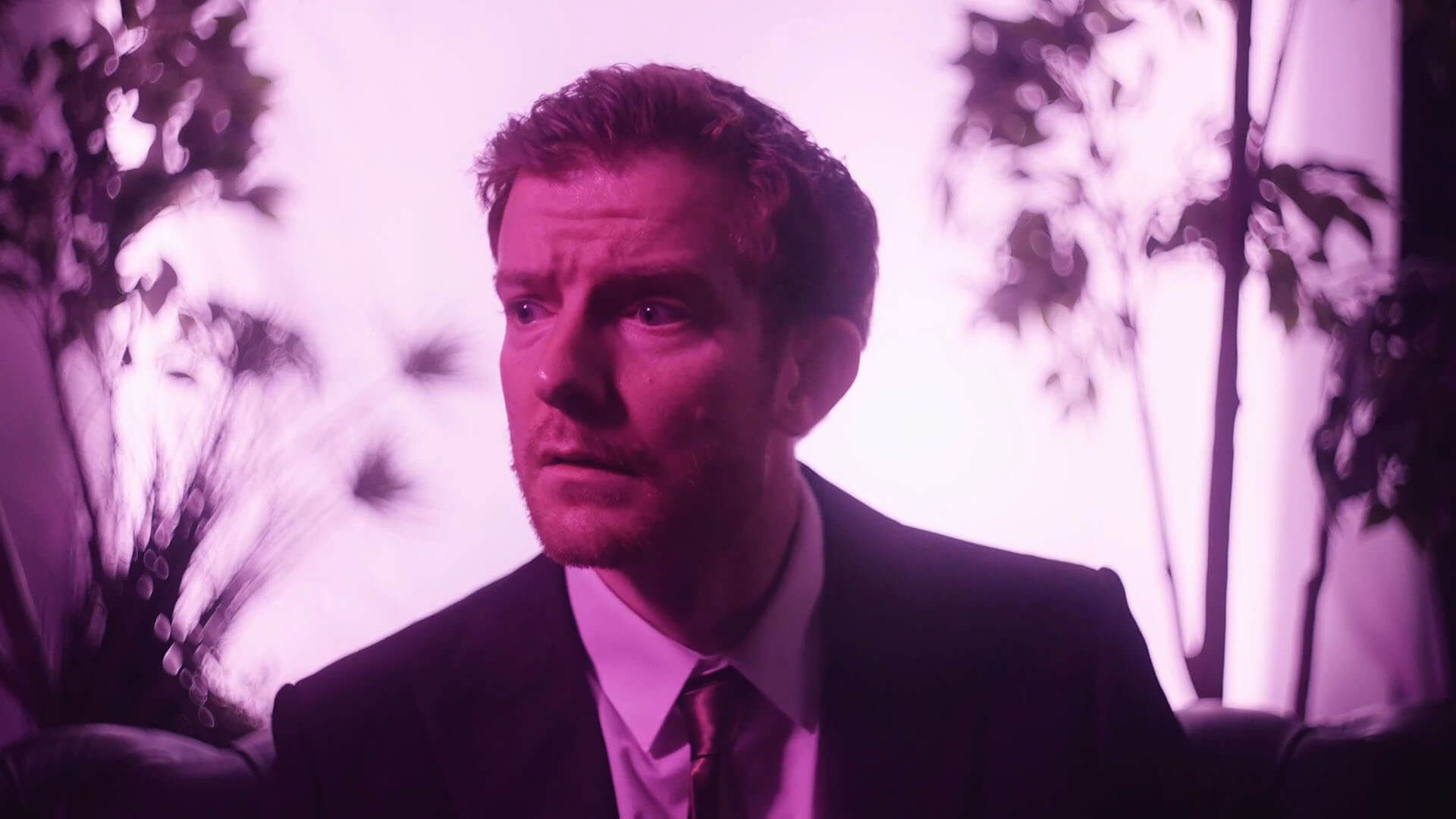Article too long to read?
Pranav Kothary’s Here is a story for every generation, although it’s set to ring a bell for the millennials. A story for all those who understand the essence of loss. Be it time, love or themselves. The film slowly unravels it, layer by layer, leaving the audience with little choice but to feel the pangs of grief.
It’s the melancholic shades of blue, white and greys that stand out the most in this 6:23-minute long film. Used smartly, they convey the message without the need for dialogues. The opening shots alone use this to the film’s advantage. The flowers bear a timelessness to them, withered but ageless, still but transversal. Maxwell Geoffrey’s cinematography makes an otherwise chamber film transcend through time. Memories, nostalgia, regret are beautifully captured with close-ups juxtaposed with still frames.

Devlin Stark and Emmanuel Uceta who play the lead pair share an effortless chemistry. It’s withered like the flowers you see in the film, yet tangible and there to lure you into peeking into their mind’s eye. Em has just hit 30 and is not willing to celebrate it. Is it the new-age, mid-life crisis that hits a decade earlier? Or is it something else? Stark’s character comes to the rescue. It’s in her presence that we understand Em better. Such is the wonderful exchange between the two characters, that it is understandable why Kothary didn’t opt for the usual detour to make his characters pine and reminisce about one another. Instead, they share the frame and egg, bully and mock one another, and there’s such an unmistakable warmth to their exchanges, that we begin to share Em’s grief.
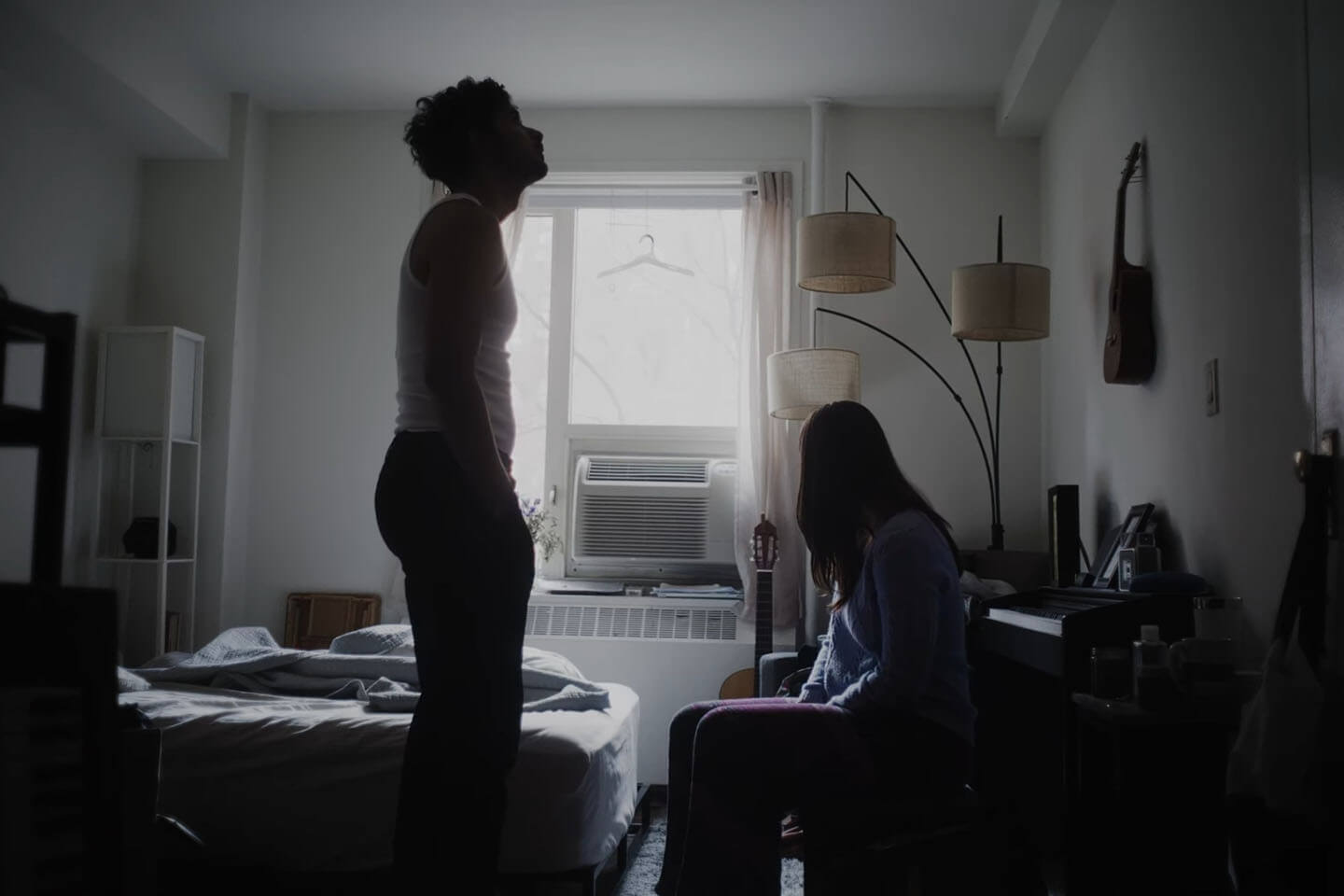
Offering a neat closure to his audience, Kothary tries to pack in several messages. But, the best take away could be that of how life can seem bearable when lived in gratitude. Here is a slow burner. Watch it for love. Watch it to find peace.
About the Author
No comments yet.
Got Something to add to this article?
Your email address will not be published. Required fields are marked *

